International
Salvadoran stands out among hundreds of university students in Beijing
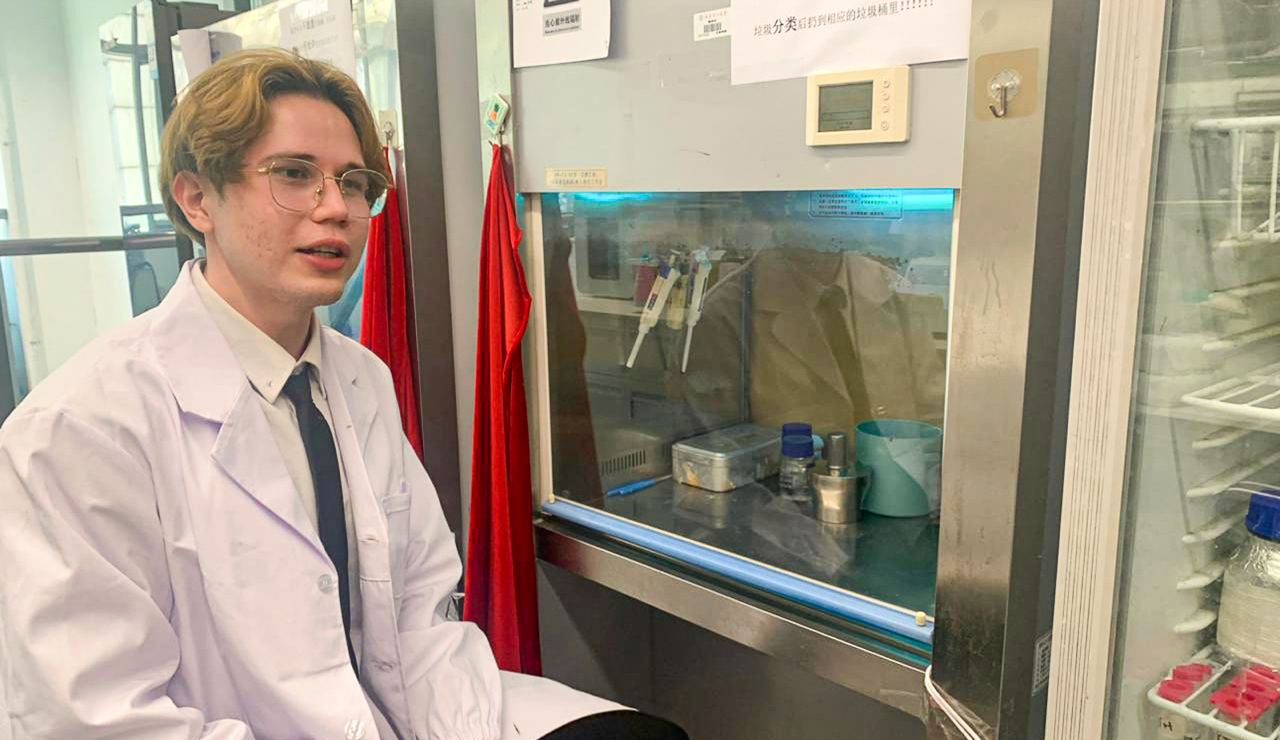
Latinos at the prestigious Beijing University of Chemical Technology (BUCT) can be easily counted. Even scarcer are the Salvadorans in this study center, one of the best in the People’s Republic of China and the most outstanding in Biological Engineering, which is the career chosen by Rodrigo Ventura.
Ventura, originally from Soyapango, wanted to become a biologist from his adolescence and first thought of studying Medicine in El Salvador and then specializing in genetics. But that path would take too many years and, even so, he could not fully fulfill his dream.
So he decided to start looking for more options. 18-year-old, he focused on studying in China because, as he told “Diario El Salvador,” here “technology is superior in all laboratories and in support of science.”
China is a global benchmark in technological and scientific advances. Ventura was aware of this from a young age. He sought scholarships sponsored by the Chinese embassy in El Salvador with the support of the Agency for Cooperation (ESCO). He applied in a higher education center in Beijing, in Shanghai and another in Wuhan.
It was chosen in the Chinese capital, none other than by a center that trains high-level chemical talents to work for science and technology. The BUCT has three campuses, east and west, located on Beisanhuan Donglu Street in Chaoyang, and the Changping campus.
Currently, Ventura, 21, is part of the team of 25 students from different branches who represent his university in the iGEM (International Genetically Engineered Machine Competition), the most important contest in the world in synthetic biology and where international faculties participate.
iGEM started in 2003 at the Massachusetts Institute of Technology (MIT). Current competitions include graduates, high school and community laboratories from about thirty countries.
The multidisciplinary team of young people representing the Beijing University of Chemical Technology chose the name of Broccoli Masters because they seek to synthesize the sulforaphane molecule – which is found in this plant. The molecule is anticancer, anti-inflammatory and antioxidant. This experiment has already been achieved with the “Escherichia coli” bacterium, but never in this way.
An alternative treatment to fight cancer would be achieved, more accessible and with lower costs. This is also one of the central principles of biosynthesis, explains Ventura, who is in his second year of study.
The competition is difficult and most of the participants are Chinese. There are about 200 teams, and only twenty of these are from Latin America. Two dozen others were scored in Beijing alone. It consists not only of the scientific part, but they must take the knowledge outside the Laboratory of Biosynthesis and Efficient Separation of Natural Active Ingredients. Young people will also visit communities to make it known.
Biosynthesis is also more environmentally friendly than other conventional methods of producing substances. Yu Linwei, 23, studies the third year of the same career as Ventura and coordinates the competing team of iGEM. Yu emphasizes that chemical engineering leaves a strong footprint of pollution on the environment. Colleagues agree that China supports this type of project with students to promote better care of the planet, a fundamental part of the government policies of the socialist country.
The iGEM final will be in October in Paris, France. Ventura also went through an interview process to be part of the team that represents the university. “I want to do my bit for the promotion of Salvadoran science,” he says.
The young man arrived in China in October 2022, when there were still strong restrictions due to the COVID-19 pandemic in the world. He had to do three weeks in quarantine, while starting virtual classes.
In addition, it participates in the national competition of university students of life sciences, in the Beijing competition for saving water, energy and reducing carbon resources, and in the national contest for outstanding work in renewable energies; all focused on encouraging students to contribute to a greener world.
In these three competitions his project is the generation of green hydrogen using bacteria. These consume less energy to solve current needs, such as the purification of aquifers. “These projects can be occupied in El Salvador,” says Ventura.
“I don’t want to be alone here, but to return to my country and apply everything I’ve learned. What’s the point of coming here and I have all the knowledge to myself. In addition, it is a way of saying thank you to my country and China for the opportunities. They trusted me to take on this challenge. Doing one of these projects in the country is like saying thank you,” he adds.
International
Maduro signs Economic Emergency Decree to counter U.S. sanctions on Venezuela
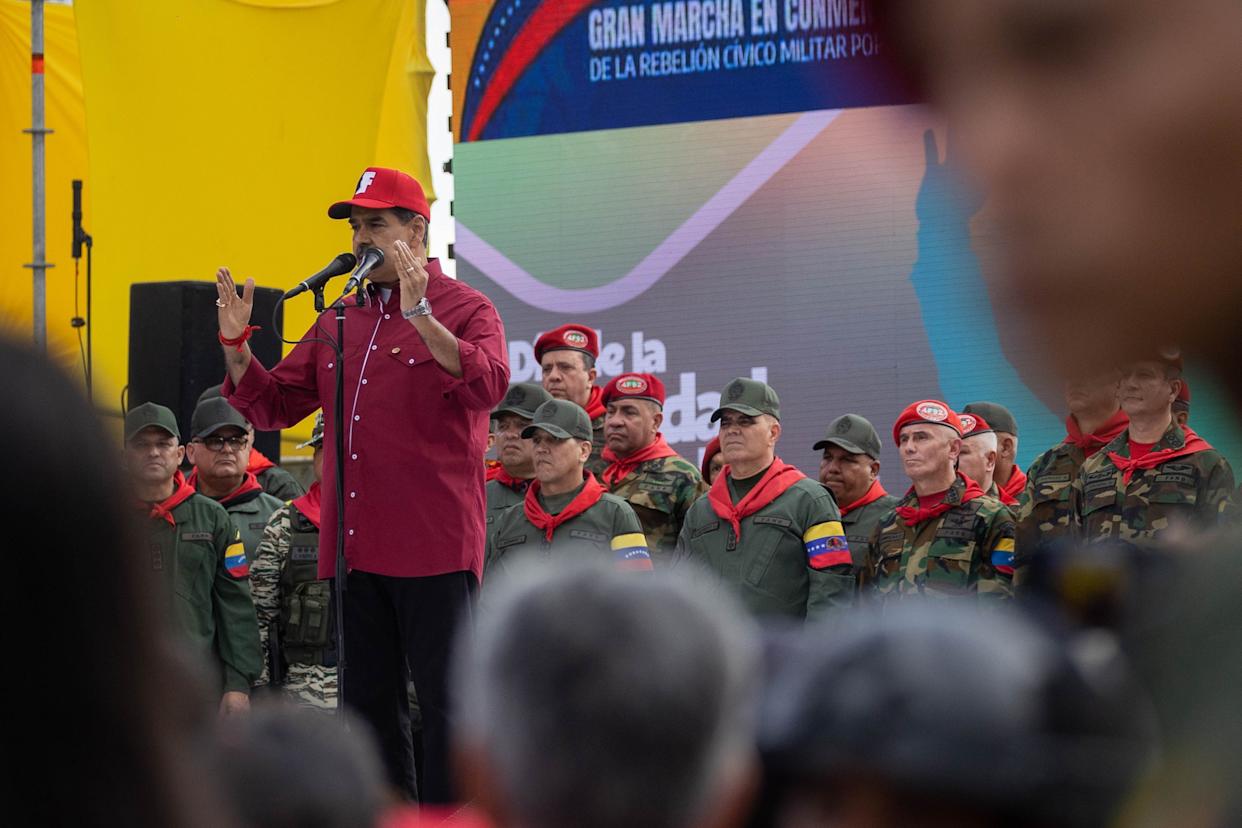
The National Assembly of Venezuela approved on Thursday an economic emergency decree presented this week by the government of President Nicolás Maduro, in response to sanctions and tariffs imposed by the United States.
In March, the government of Donald Trump began suspending licenses for foreign oil companies operating with the state-owned Venezuelan oil company PDVSA and imposed secondary tariffs on crude oil and gas exports. Maduro signed the decree on Tuesday, invoking constitutional articles that allow him to declare states of exception, temporarily restrict constitutional guarantees, or declare a state of emergency in the event of disasters, public calamities, or events that seriously threaten the country’s security.
The emergency decree “is to support national production,” said Delcy Rodríguez, Vice President and Minister of Hydrocarbons, during the document’s presentation.
“The affected oil markets, the fall in oil prices, have already surpassed 30% in our measurement, and this, as we say, is just the beginning,” Rodríguez stated, clarifying that Venezuela’s oil and gas production continues.
Rodríguez also mentioned that foreign oil companies are welcome to operate in Venezuela in accordance with local laws.
The United States has set a deadline of May 27 for oil companies operating in Venezuela, including Chevron (U.S.), Eni (Italy), and Repsol (Spain), to wind down their operations and exports.
The decree grants Maduro the authority to implement measures he deems necessary to ensure economic growth, contain inflation, offer special treatment to investors, suspend taxes, or apply exceptions to tax laws, and establish import substitution mechanisms, among other measures.
Maduro and his government have consistently rejected sanctions imposed by the United States and other countries, arguing that they are illegitimate measures constituting an “economic war” designed to cripple Venezuela.
The president and his allies have celebrated what they describe as the country’s resilience despite these measures, although they have historically attributed some economic difficulties and shortages to the sanctions.
This is not the first time Maduro has governed under an emergency decree. In 2016, he signed a similar decree, which was extended until 2021 under the argument of sanctions imposed on Venezuela by Washington.
With the Assembly’s approval, the decree must now be sent to the Constitutional Chamber of the Supreme Court of Justice.
Central America
U.S. Government says deported migrants should remain in El Salvador for life
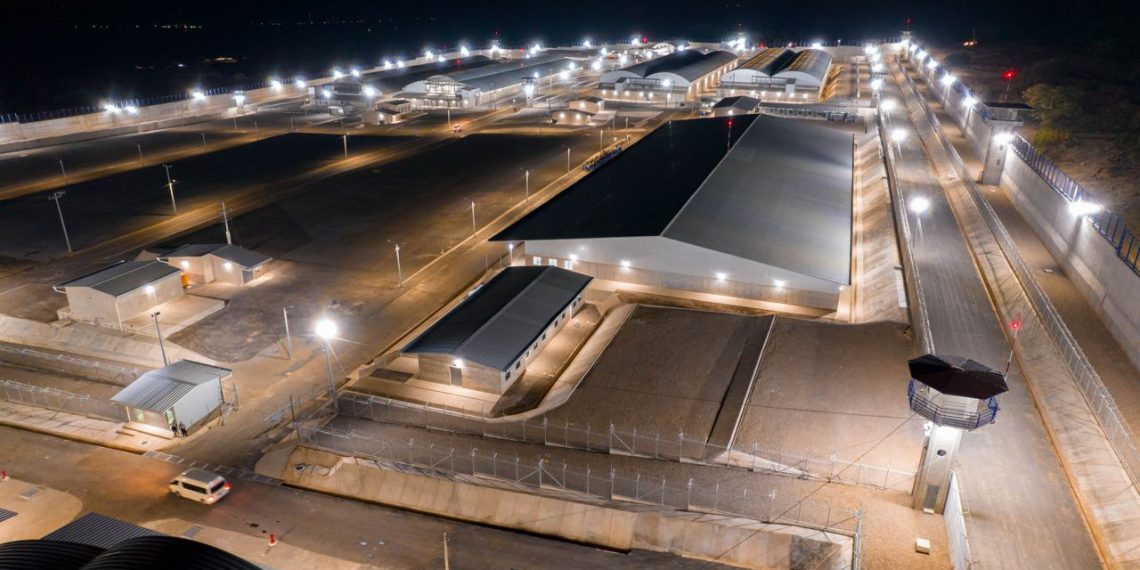
The United States government believes that the 238 migrants recently deported to El Salvador should remain in the country “for the rest of their lives.”
This was stated by Kristi Noem, the Secretary of Homeland Security, during a press conference. The following day, in a televised cabinet meeting, she reiterated the government’s commitment to continue its campaign to deport over 11 million people living in the U.S. without legal immigration status.
“We are confident that the people (sent to El Salvador) should be there, and they should stay there for the rest of their lives,” Noem told a group of reporters on Wednesday.
Despite the Trump administration’s defense of its decision to transfer the migrants to the Terrorism Confinement Center (Cecot), both testimonies from their families and reports from U.S. media outlets have shown that most of those currently detained there have no criminal backgrounds.
International
Italian biologist found dead in Colombia; investigation underway
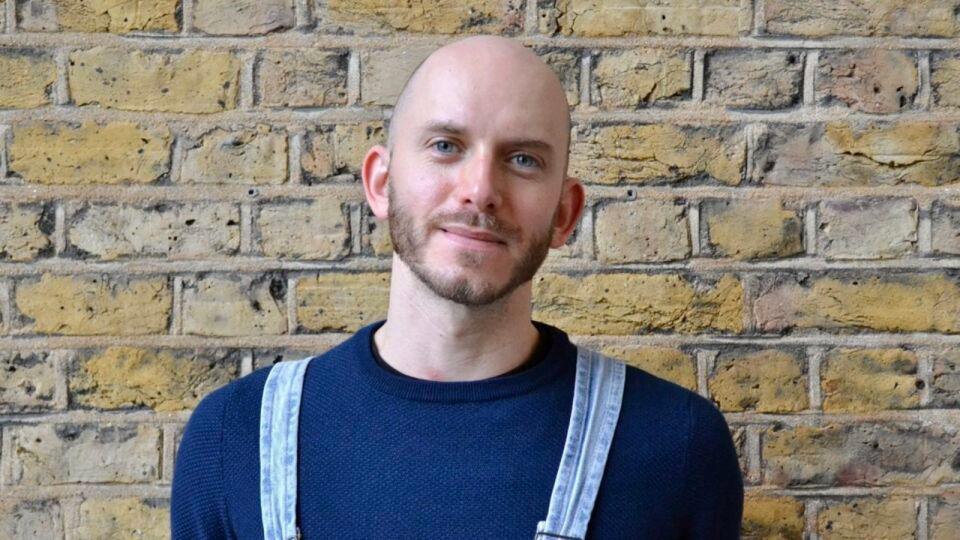
An Italian scientist has been found dead in Colombia, local authorities confirmed, after body parts were discovered along a trail in the coastal city of Santa Marta on Sunday.
Municipal police said that a bracelet found among the remains belonged to Alessandro Coatti, a biologist who had recently embarked on a journey across South America. Additional human remains were later discovered in two other locations within the city.
According to the police, Coatti had been staying in a local accommodation and was reportedly visiting the scenic Tayrona coastal area on April 5. His whereabouts since that date remain unknown, prompting an urgent investigation.
“There are currently no further details available; the case remains under investigation,” Colombia’s Attorney General’s Office said on Thursday. “It is still unclear what happened or where.”
-

 Internacionales5 days ago
Internacionales5 days agoErik Prince Backs Ecuador’s Daniel Noboa in Fight Against Crime and “Narcoterrorism”
-

 Central America5 days ago
Central America5 days agoGuatemala’s Legal Chief Shot Dead in Parking Lot: Investigation Underway
-

 International3 days ago
International3 days agoRussia and US to Meet in Istanbul for Diplomatic Talks on April 10
-

 Central America4 days ago
Central America4 days agoHonduras Hosts CELAC Summit Amid Regional Concern Over U.S. Deportations
-

 Central America3 days ago
Central America3 days agoAudit Exposes Major Breaches in Panama Canal Port Concession, $300 Million Owed to State
-

 International4 days ago
International4 days agoTeachers in Southern Mexico Bring Education to Stranded Migrant Children
-

 Central America4 days ago
Central America4 days agoMulino and Orsi Highlight Shared Vision After Panama Joins Mercosur as Associate State
-

 Central America4 days ago
Central America4 days agoTrump Administration Asks Supreme Court to Block Return of Deported Salvadoran
-

 Sports3 days ago
Sports3 days agoNeymar Returns to Santos Training After Month-Long Injury Layoff
-

 International1 day ago
International1 day agoMerengue concert turns to mourning as Jet Set collapse claims 136 lives
-
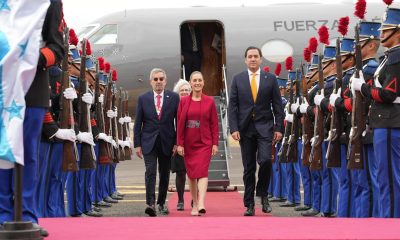
 Central America1 day ago
Central America1 day agoMexico’s president proposes regional economic summit at CELAC
-
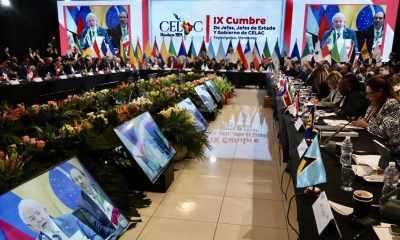
 Central America1 day ago
Central America1 day agoColombia to host fourth EU-CELAC Summit in November
-

 Central America7 hours ago
Central America7 hours agoNicaragua seeks ICJ intervention in Gaza conflict amid escalating violations
-
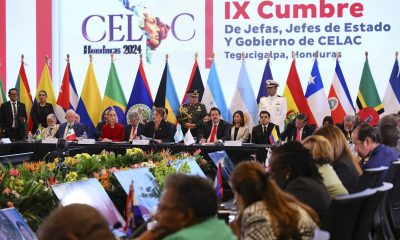
 Central America1 day ago
Central America1 day agoCELAC condemns unilateral sanctions in ‘Tegucigalpa Declaration’
-

 International3 days ago
International3 days agoMaduro Announces Economic Emergency Decree Amid Growing Tensions with the U.S.
-
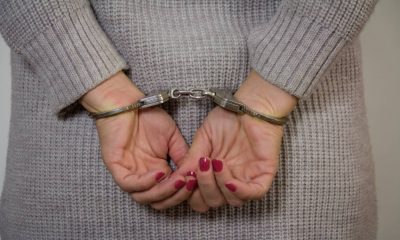
 International3 days ago
International3 days agoTransgender Student Arrested at Florida Capitol for Using Women’s Restroom Under New State Law
-

 International3 days ago
International3 days agoScience Brings Back the Extinct Direwolf with Successful De-Extinction Project
-

 International8 hours ago
International8 hours agoItalian biologist found dead in Colombia; investigation underway
-

 Central America8 hours ago
Central America8 hours agoU.S. Government says deported migrants should remain in El Salvador for life
-

 International8 hours ago
International8 hours agoMaduro signs Economic Emergency Decree to counter U.S. sanctions on Venezuela















